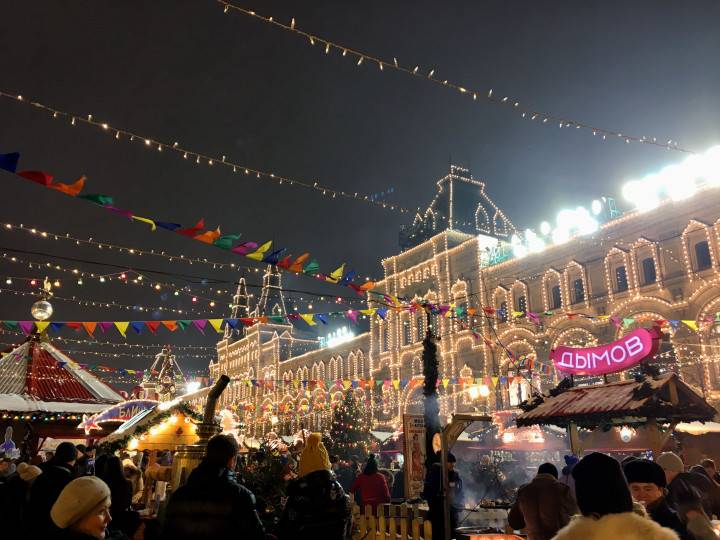In conjunction with Finland joining the North Atlantic defence alliance, we have invested heavily in bolstering bilateral security ties with the United States. At the same time, there appears to be an active effort within Finnish foreign policy circles to lull ourselves into the idea that our bilateral relationship with the US will remain largely unaffected, irrespective of whether Donald Trump ascends to the throne. I fear that this overlooks the fact that our relationship with the US is dependent on the overall state of the transatlantic alliance.
The war in Ukraine is raging on the European continent. US domestic bickering on the issue undermines European confidence in transatlanticism. This is compounded by other major disagreements, including Gaza, free trade, and China. This is, potentially, a vicious cycle. If the US folds on Ukraine, we Europeans — both our elected leaders and we voters ourselves — will then end up blaming the Americans for the calamity that will befall Europe, to divert attention from our own failure. Such an outcome would poison the transatlantic relationship and fuel deep-rooted, historical anti-Americanism in Europe.
If this were to happen, economic and political constituencies in Europe would in all likelihood, one after the other, gradually begin to reconnect with Russia, because Europe is unable to muster the unity to confront Russian imperialism without US support. The effect of this shift would be contagious across the continent and beyond. This would be very bad news for countries bordering Russia. They would feel vulnerable and insecure, given that Russia would not stop at Ukraine. Moreover, this rapprochement and re-engagement would take place with a Russia that is quite different from the last time that the West opted for a “reset” with Moscow.
The war is a transformational moment for Russian society. There is no going back to how things used to be. Parents who do not wish their children to be imbued with the violent poison that permeates Russian society have very little choice left other than emigration or some form of voluntary internal exile. This option is only available to a small segment of the population; the vast majority of Russian families will continue to conform. This corruptive contagion of fear and hatred will spread throughout Russian society. Consequently, we will have to face a Russia that has changed permanently.
In this context, being overly cautious and circumspect about Russia is tantamount to doing the same thing as before yet still expecting a different result. Admonitions against statements that differ from our earlier prudent and deferential diplomatic approach to Russia therefore seem incongruous with the fundamental change in our security environment. We are arming Russia’s enemy, yet we are still wary of “needlessly” antagonising Moscow. The signal that this contradiction sends to our domestic audience seems somewhat schizophrenic: we have changed, but not really.
This dichotomy of ideas keeps us tethered to the past. A past that is replete with wishful thinking and misjudgment. We have as a nation collectively concluded that our security environment has changed permanently, and we have taken historic decisions reflecting that change. Yet we seem obstinate about clinging to past ideas, perhaps in the vain hope that we can still somehow take a step back and return to the way things were before. However, the fact is that the world around us has changed, and we must change with it. We cannot live in both the past and the present at the same time. We need a new direction.
Kerkko Paananen is a senior news analyst with a background in human rights work. This article was originally published in Finnish at kerkko.fi.



